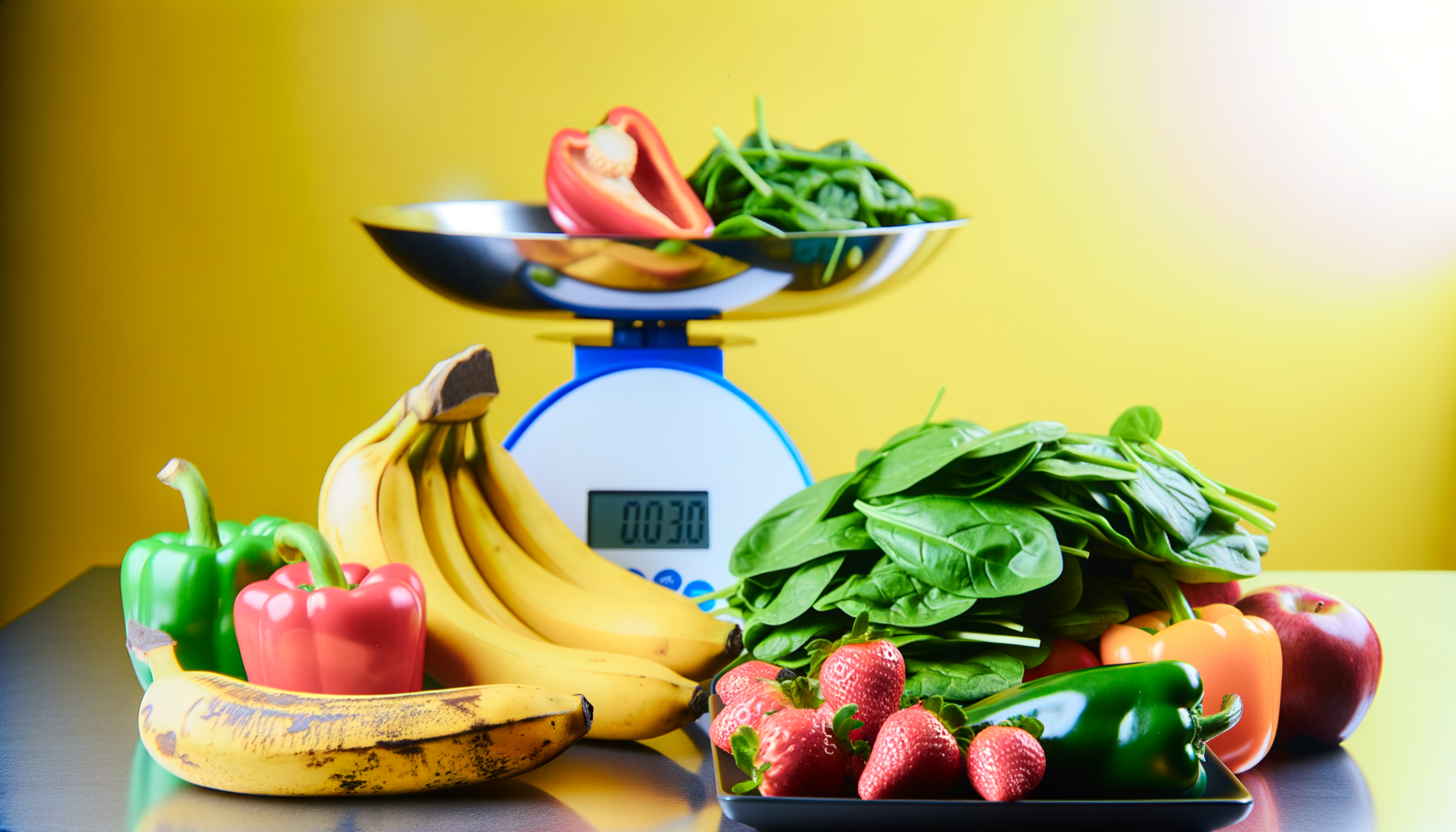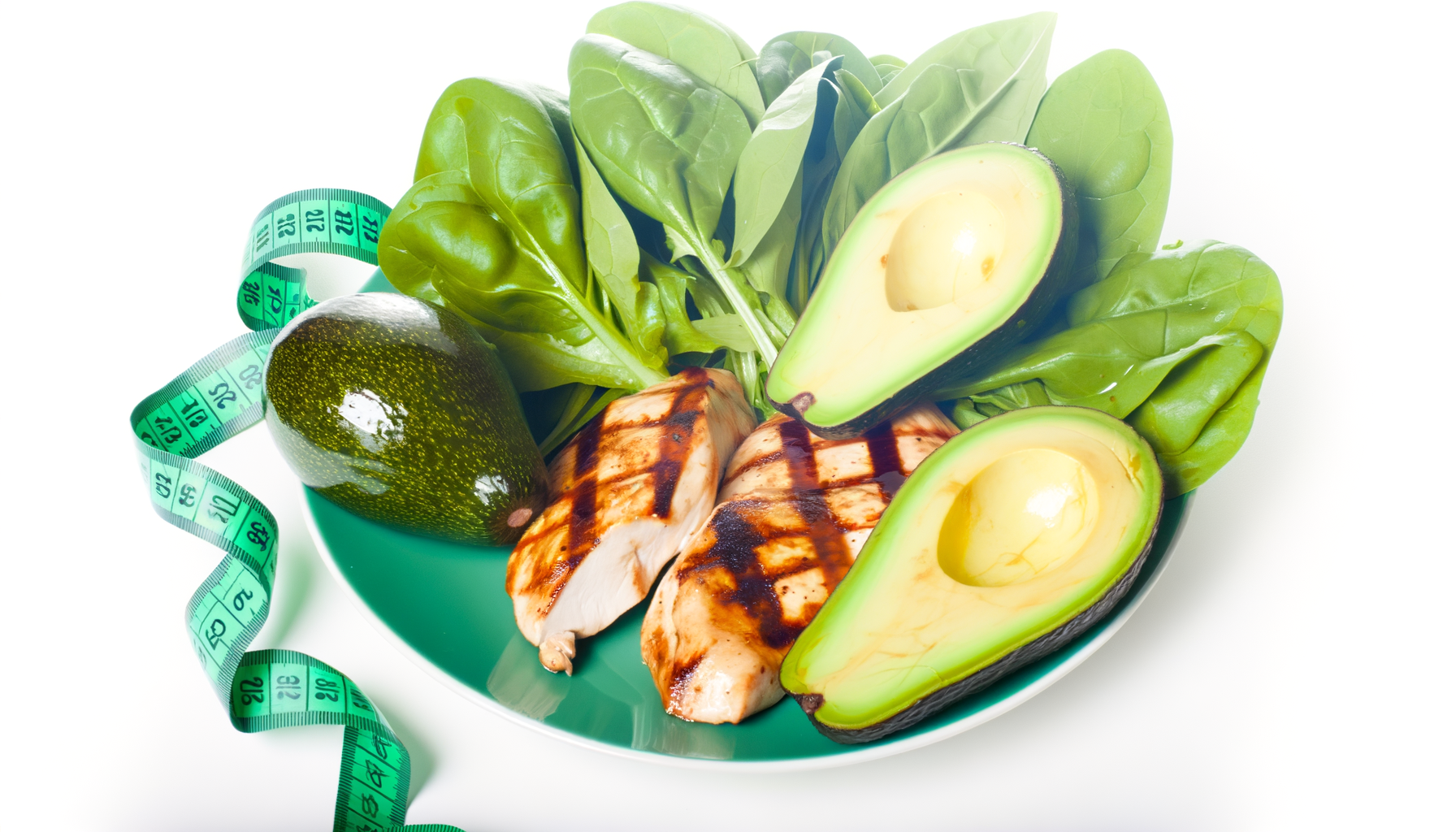Optimizing Nutrition for Shift Workers with WP Calorie Calculator Pro
Navigating the Challenges of Shift Work: A Comprehensive Guide to Optimal Nutrition
Working irregular schedules, whether it's night shifts, rotating shifts, or extended hours, can significantly impact an individual's health and nutrition. Shift workers often face unique dietary challenges that can affect their energy levels, overall health, and job performance. In this article, we will explore the key strategies for optimizing nutrition for shift workers and how tools like the WP Calorie Calculator can be invaluable in managing dietary needs.
Understanding the Dietary Challenges of Shift Work
Shift work disrupts the body's natural circadian rhythm, leading to various health issues such as obesity, cardiovascular disease, and diabetes. Research indicates that an unhealthy diet combined with shift work increases the risk of these diseases more than an unhealthy diet alone.
Timing of Eating (Chrono Nutrition)
The timing of meals is crucial for shift workers. Eating a significant portion of daily calories later in the day can impair glucose tolerance and blood lipid levels. It is advisable to consume the main meal earlier in the biological day, before starting the shift, rather than during the night. Taking breaks to eat lighter meals and healthy snacks during the night can also help maintain better health outcomes.
Key Dietary Strategies for Shift Workers
Follow a Healthy Diet
A healthy diet is essential for maintaining optimal health and energy levels. Focus on whole grains, fruits, vegetables, lean meats, and dairy products. Avoid high-fat foods, sugary snacks, and fried foods, which can lead to fatigue and other health issues.
Boost Intake of Prebiotics and Probiotics
Prebiotics and probiotics are beneficial for maintaining a healthy digestive system, which can be disrupted by shift work. Include prebiotic foods like fruits, vegetables, and whole grains, and probiotic foods such as yogurt, kefir, sauerkraut, and kimchi in your diet. These can also be taken as dietary supplements.
Limit Late-Night Eating
Late-night eating can lead to elevated blood triglyceride and glucose levels, reduced insulin sensitivity, and an increased risk of obesity. It is recommended to eat a light meal 1-2 hours before bed and avoid heavy meals during the night.
Eat Smaller, Lower Fat Meals
Large or high-fat meals can exacerbate feelings of fatigue, especially after periods of poor sleep. Opt for smaller, lower-fat meals and snacks throughout your shift. For example, a turkey wrap with crackers and fruit or a vegetable stir-fry with tofu over rice can be satisfying and energy-boosting.
Practical Tips for Healthy Eating on Shifts
Pack Healthy Meals and Snacks
Bringing healthy meals and snacks from home can help you avoid relying on unhealthy options available at work. Include a variety of foods such as whole grain cereals, fruits, vegetables, and protein-rich snacks like nuts, hummus with vegetable sticks, or yogurt with berries.
Stay Hydrated
Drinking plenty of water is crucial to prevent dehydration and maintain alertness during shifts. Limit caffeinated beverages, as excessive caffeine can interfere with sleep and cause other adverse effects.
Balance Your Meals
Aim to balance your meals with protein, carbohydrates, and fat. This can help stabilize blood sugar levels and provide a steady supply of energy. Examples include hard-boiled eggs with fruit, a wrap with deli meat, cheese, and vegetables, or oatmeal with chia seeds and nut butter.
Using WP Calorie Calculator Pro for Effective Calorie Tracking
Managing calorie intake is a critical aspect of maintaining a healthy diet, especially for shift workers. The WP Calorie Calculator Pro is a powerful tool that can help you track your calorie intake accurately.
- Personalized Calorie Plans: The WP Calorie Calculator allows you to create personalized calorie plans based on your specific needs, including your activity level, weight goals, and dietary preferences.
- Meal Planning: You can plan your meals in advance using the calculator, ensuring you meet your nutritional goals even on irregular schedules.
- Snack Management: The tool helps you manage your snacks effectively, ensuring you are not overeating or under-eating during your shifts.
- Hydration Tracking: While primarily a calorie tracker, the WP Calorie Calculator can also help you monitor your hydration levels, ensuring you stay well-hydrated throughout your shift.
Case Studies and Real-World Examples
A Dietitian's Perspective
A dietitian who has worked night shifts shares valuable insights on the importance of a healthy diet. By following a balanced meal plan, including prebiotics and probiotics, and limiting late-night eating, they were able to maintain better health and energy levels despite the challenges of shift work.
Workplace Nutrition Interventions
Workplace nutrition interventions can be highly effective in supporting shift workers. These interventions may include workshops, webinars, or one-on-one dietary advice tailored to the specific needs of shift workers. Practical suggestions for quick, affordable, and nutrient-dense meals can be particularly helpful.
Conclusion and Next Steps
Optimizing nutrition for shift workers is crucial for maintaining health, energy levels, and job performance. By following a healthy diet, timing meals appropriately, and using tools like the WP Calorie Calculator Pro, shift workers can better manage their nutritional needs.
Take Action Today
- Plan Your Meals: Start planning your meals in advance to ensure you are eating balanced and nutritious food.
- Track Your Calories: Use the WP Calorie Calculator Pro to track your calorie intake and stay on top of your nutritional goals.
- Stay Hydrated: Drink plenty of water throughout your shift to maintain alertness and overall health.
- Seek Professional Advice: Consult with a dietitian to get personalized dietary advice tailored to your shift work schedule.
By implementing these strategies, you can significantly improve your health and well-being, even in the face of challenging shift work schedules.











